Request Letter Templates for All Your Needs
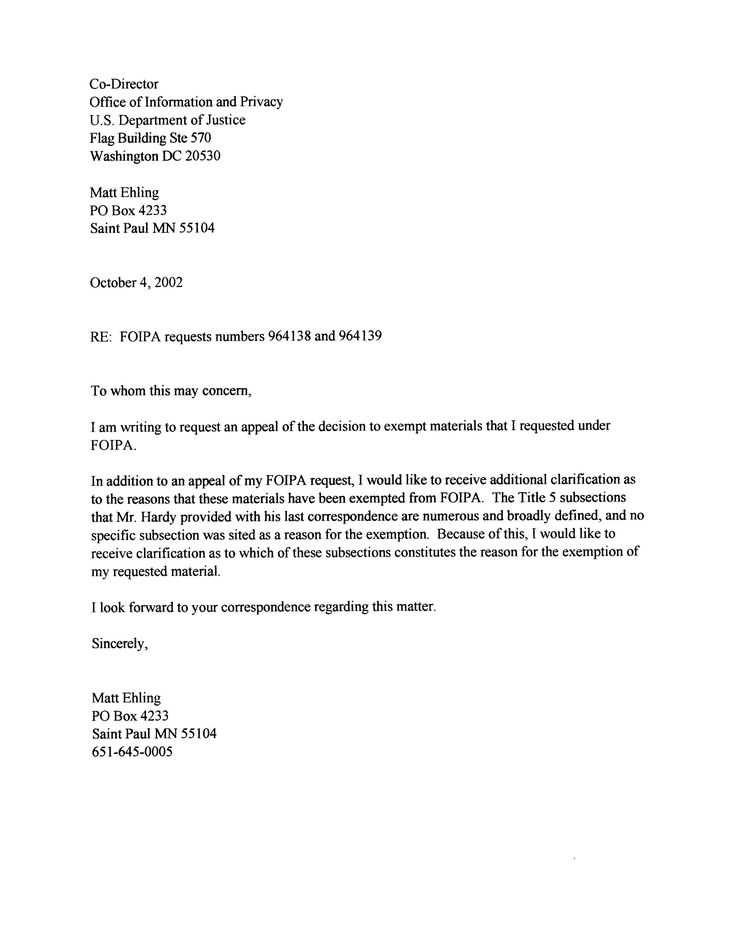
When you need to ask for something in a formal setting, it’s important to know how to express your thoughts clearly and respectfully. Whether it’s for a job, service, or permission, structuring your communication properly can increase the chances of receiving a positive response. This section will help you understand the components of a well-crafted request and provide examples for various occasions.
Key Components of a Formal Request
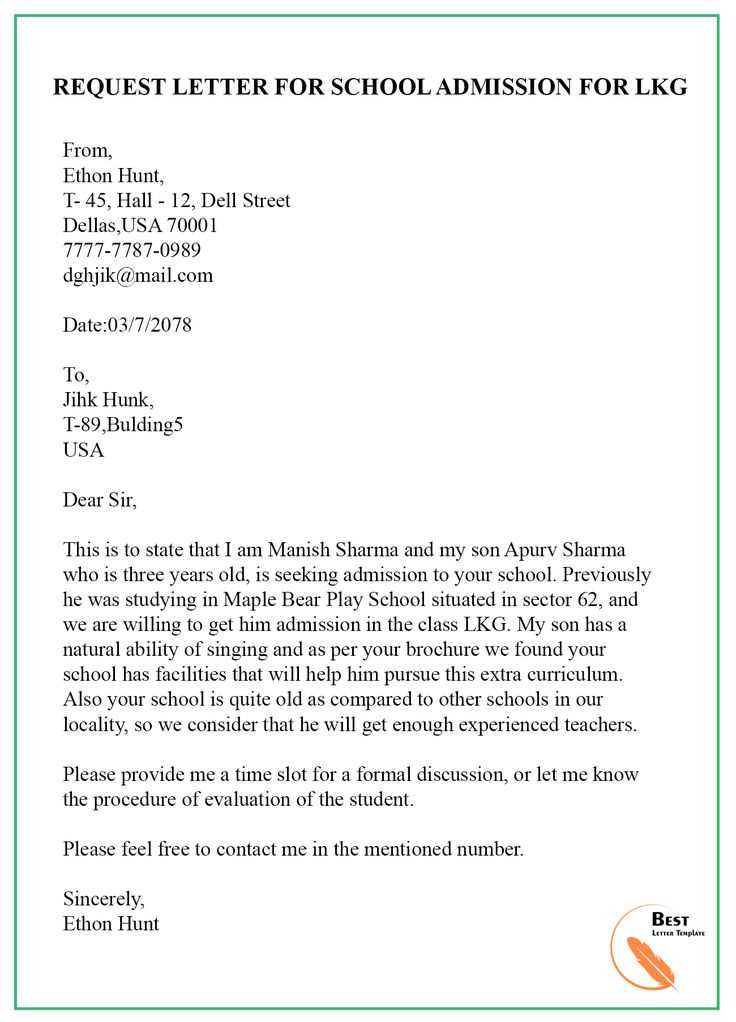
A successful communication should include several elements to ensure clarity and professionalism. These are some core components:
- Introduction: Briefly introduce yourself and the purpose of the request.
- Details: Provide the necessary context to explain why you are making the request.
- Polite Conclusion: End with a respectful tone, expressing gratitude or willingness to discuss further.
Crafting a Polite and Effective Request
It is essential to strike the right balance between politeness and assertiveness. A well-written message should maintain a formal tone without being overly demanding. Here are some tips for crafting a polite yet effective message:
- Use courteous language, but be clear about your needs.
- Keep the message concise and focused on the main request.
- Ensure that the tone matches the formality of the situation.
Common Mistakes to Avoid
There are some common errors to avoid when writing a formal communication. These can undermine your professionalism and reduce the chances of success:
- Being too vague: Avoid leaving out important details that may confuse the reader.
- Over-explaining: Keep your communication brief and to the point.
- Using informal language: Stick to a formal tone to ensure the communication is taken seriously.
Examples for Different Situations
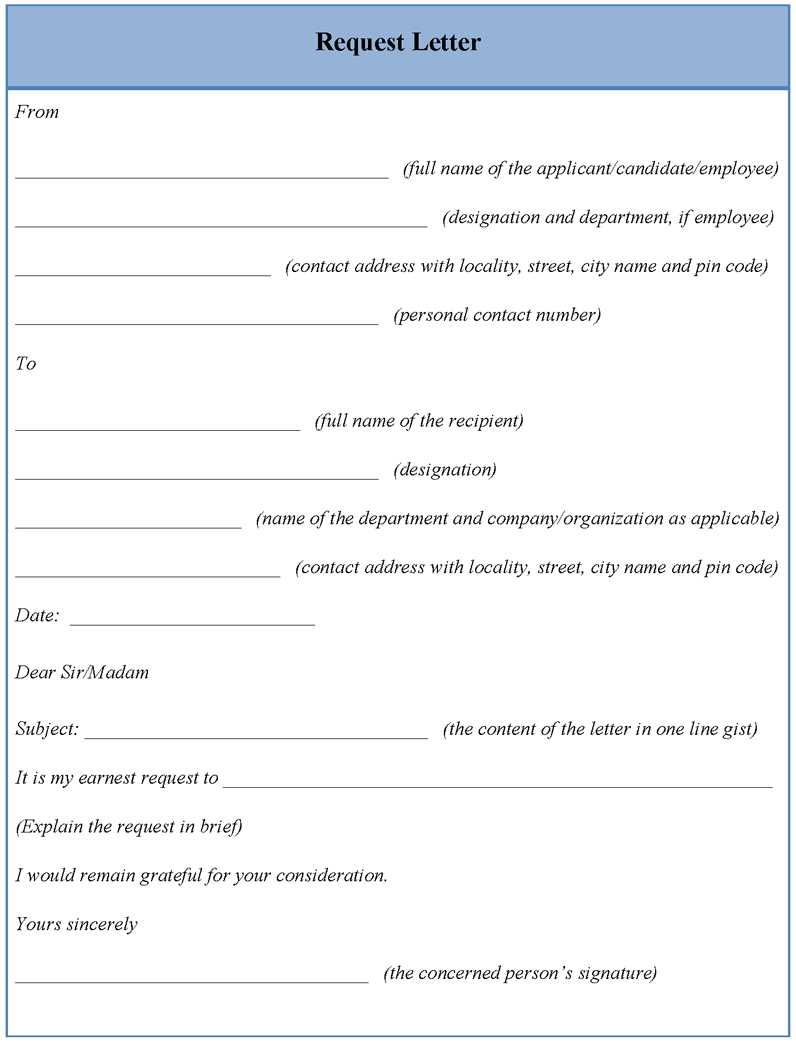
Below are some examples that show how you can frame your requests for various situations:
- Job Application: When seeking employment, structure your communication to highlight your skills and qualifications.
- Service Requests: For service inquiries, specify the service you require and why.
- Permission Requests: Be clear about what you’re asking for and provide reasoning if necessary.
Essential Guides for Crafting Formal Inquiries
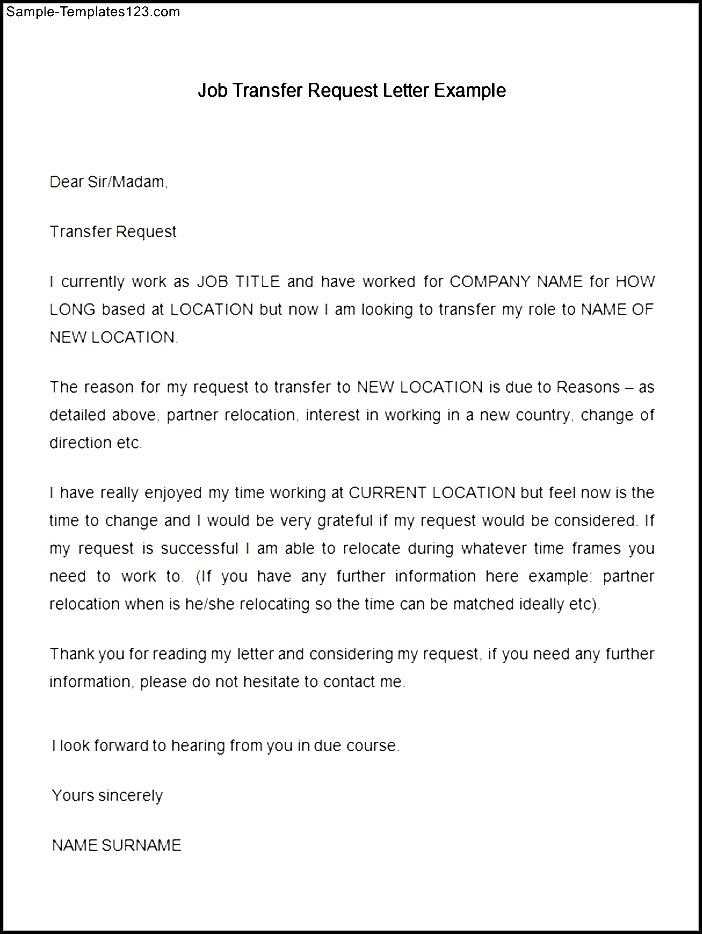
When seeking approval, information, or assistance, the format and tone of your communication play a key role in how it will be received. Understanding the structure and style of effective written requests can significantly improve your chances of getting the response you need. This section outlines various approaches to crafting clear and professional inquiries, helping you make a well-structured appeal for any purpose.
Writing an Effective Formal Inquiry
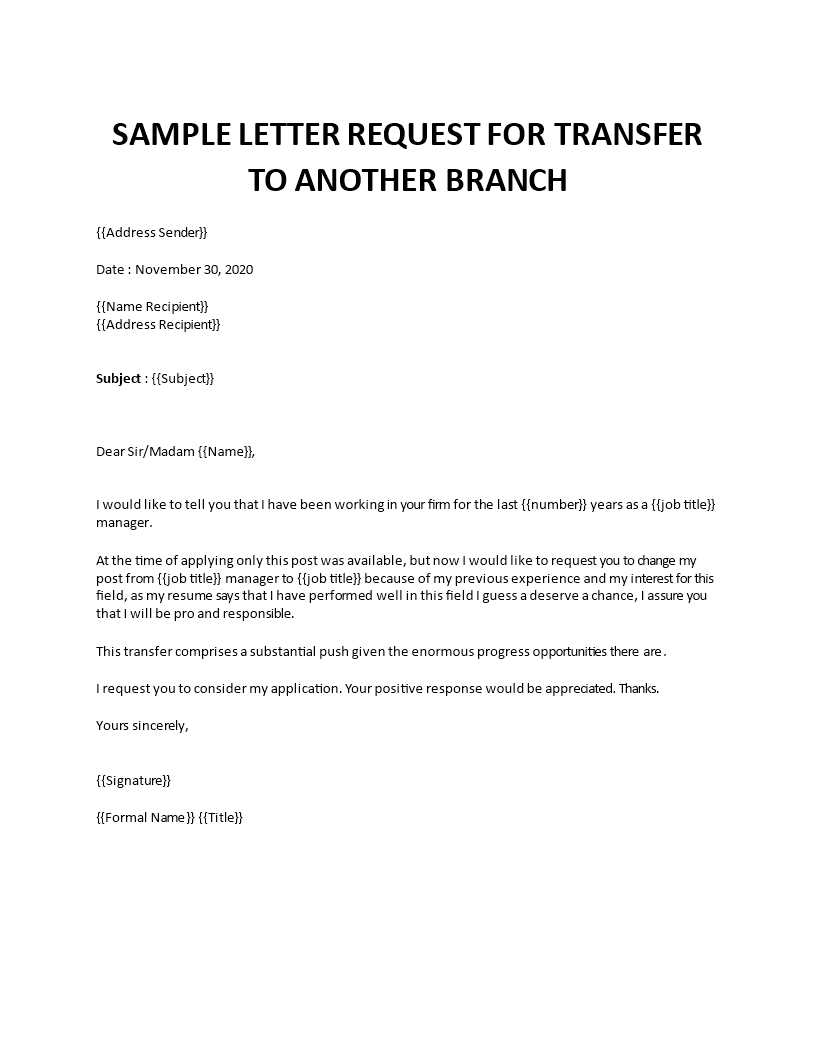
To create a compelling and professional message, begin by outlining your objective clearly. It’s crucial to maintain a respectful tone throughout, while also being direct about your needs. The key is to balance politeness with clarity, ensuring the recipient understands both your request and its importance.
Popular Formats and Customization Tips
Each formal communication has its own set of conventions depending on the situation. Commonly, these inquiries follow specific formats that include an introduction, the body, and a polite closing. Customizing your message to reflect your unique circumstances will ensure it stands out and resonates with the recipient.
When adjusting your message, focus on including the right details: specify what you need, explain why, and, if necessary, highlight how fulfilling your request could be beneficial for both parties. The structure and style should always reflect the level of formality appropriate for the context.
Avoiding Common Pitfalls
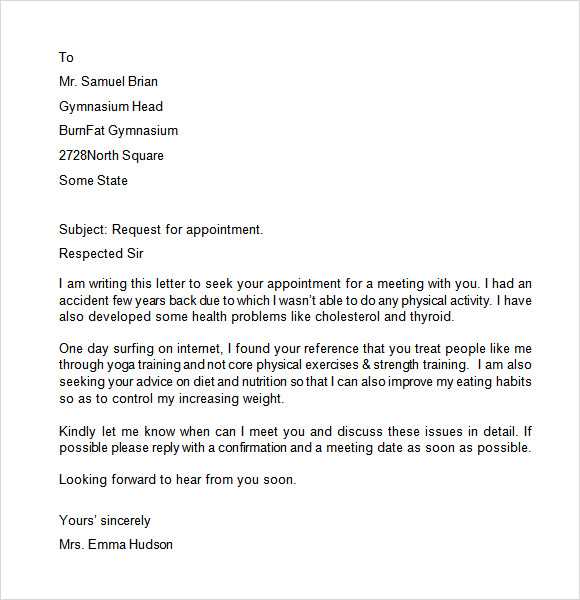
Even well-intended messages can fail if not crafted properly. Be sure to avoid vague or overly detailed writing, which can confuse the recipient. Also, ensure that the tone is neither too casual nor too forceful, as it can affect the response you receive. Lastly, never forget to proofread your communication to ensure clarity and correctness.
Below are sample communications for a range of situations to help guide your own writing:
- Job Inquiry: Inquiries regarding job opportunities should be clear about the position and qualifications.
- Service Requests: Be direct in specifying the service needed, offering any additional context or preferences.
- Permission Requests: State your intentions clearly and provide sufficient justification where required.